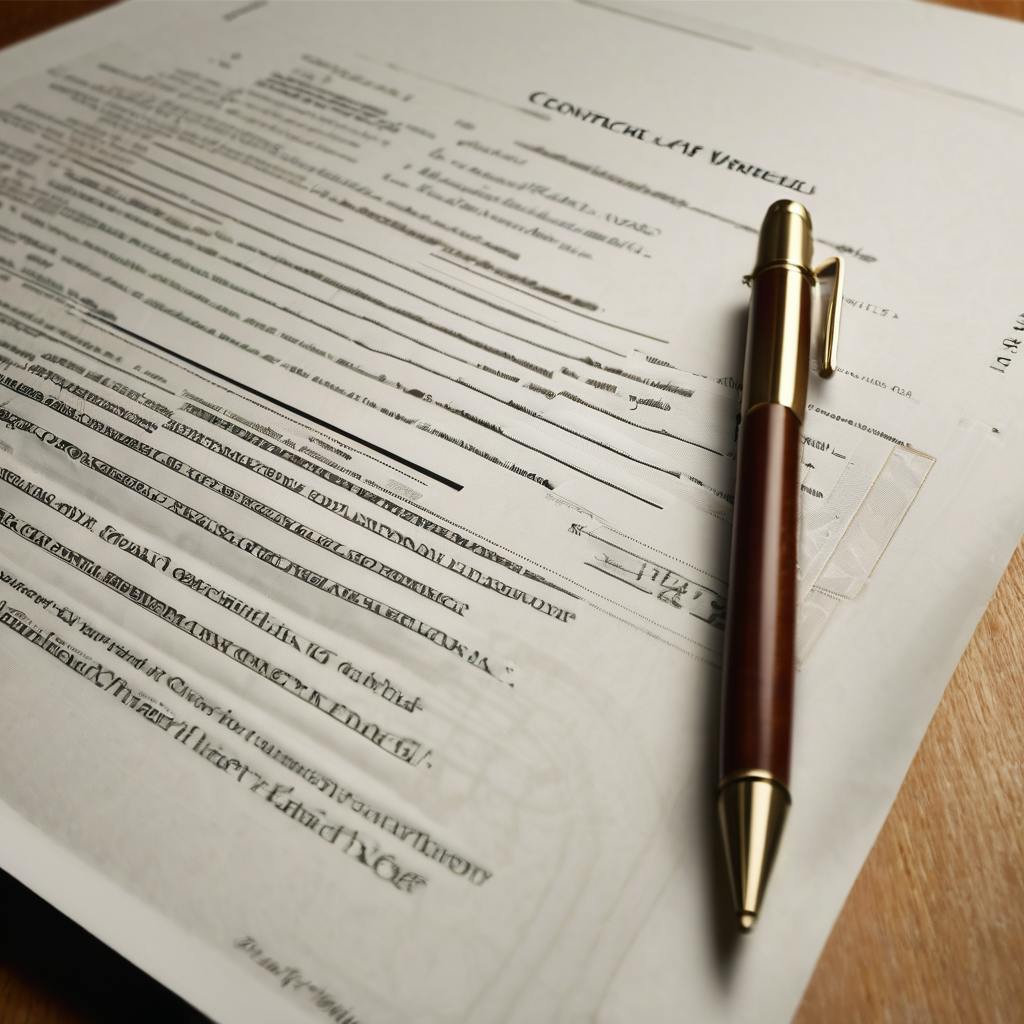3,910 reads
The Contract Clause That Sparked Scarlett Johansson's Lawsuit Against Disney
by
May 22nd, 2024
Audio Presented by

Legal PDFs of important tech court cases are far too inaccessible for the average reader... until now.
About Author
Legal PDFs of important tech court cases are far too inaccessible for the average reader... until now.
